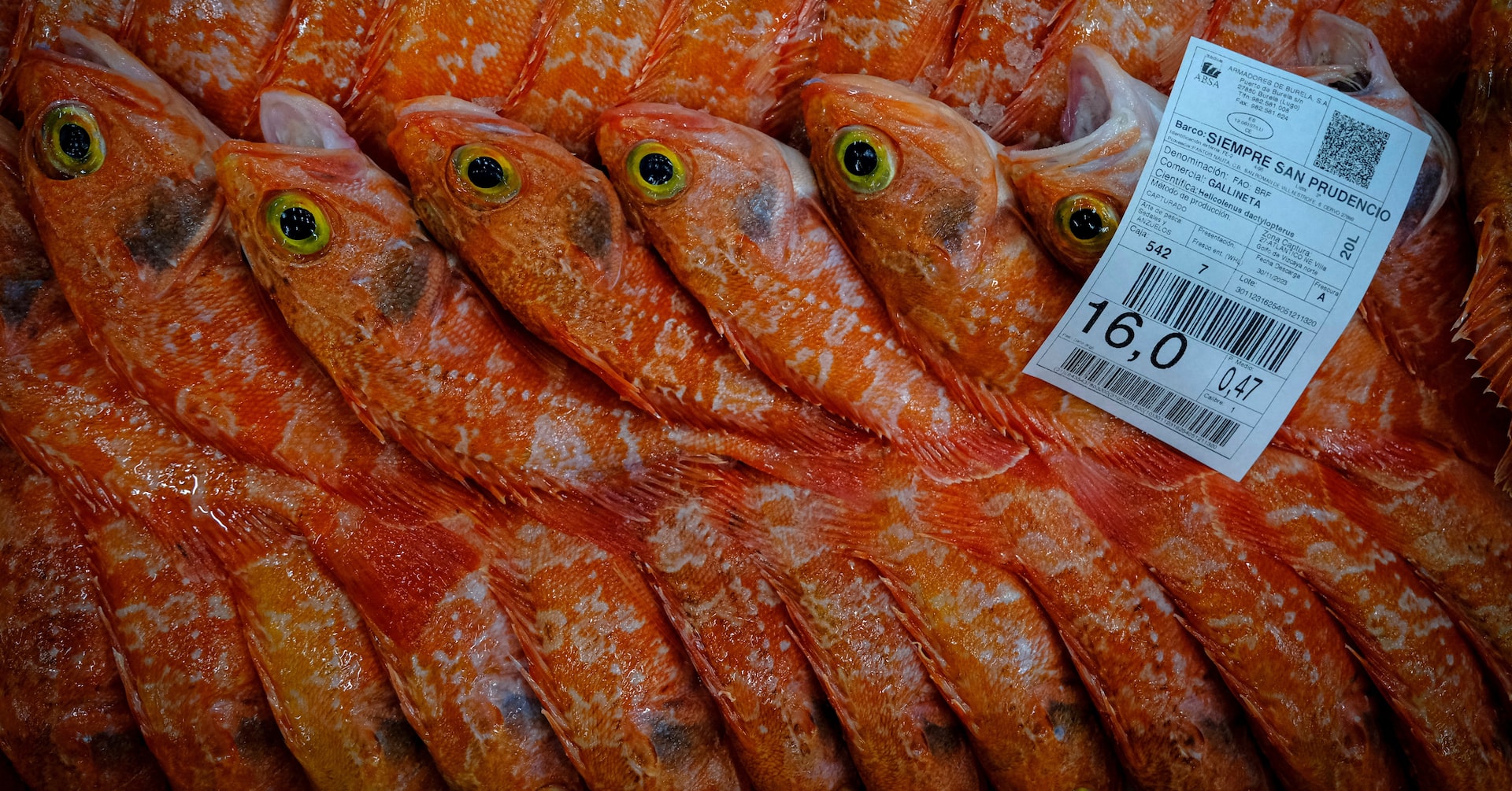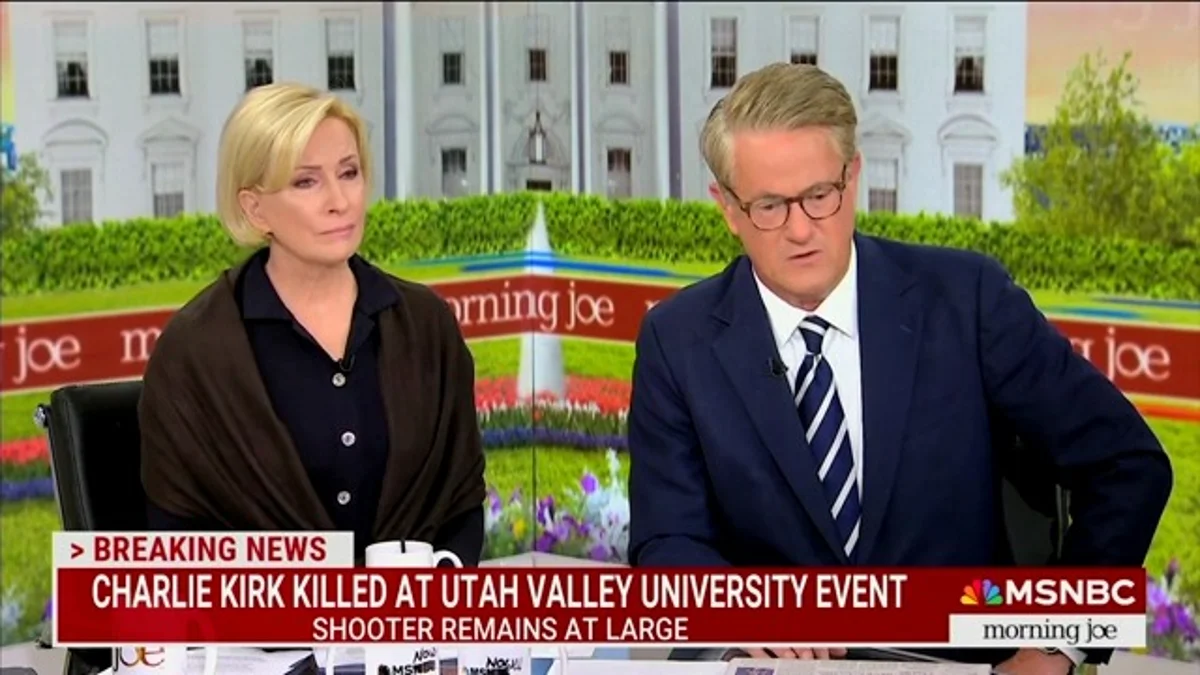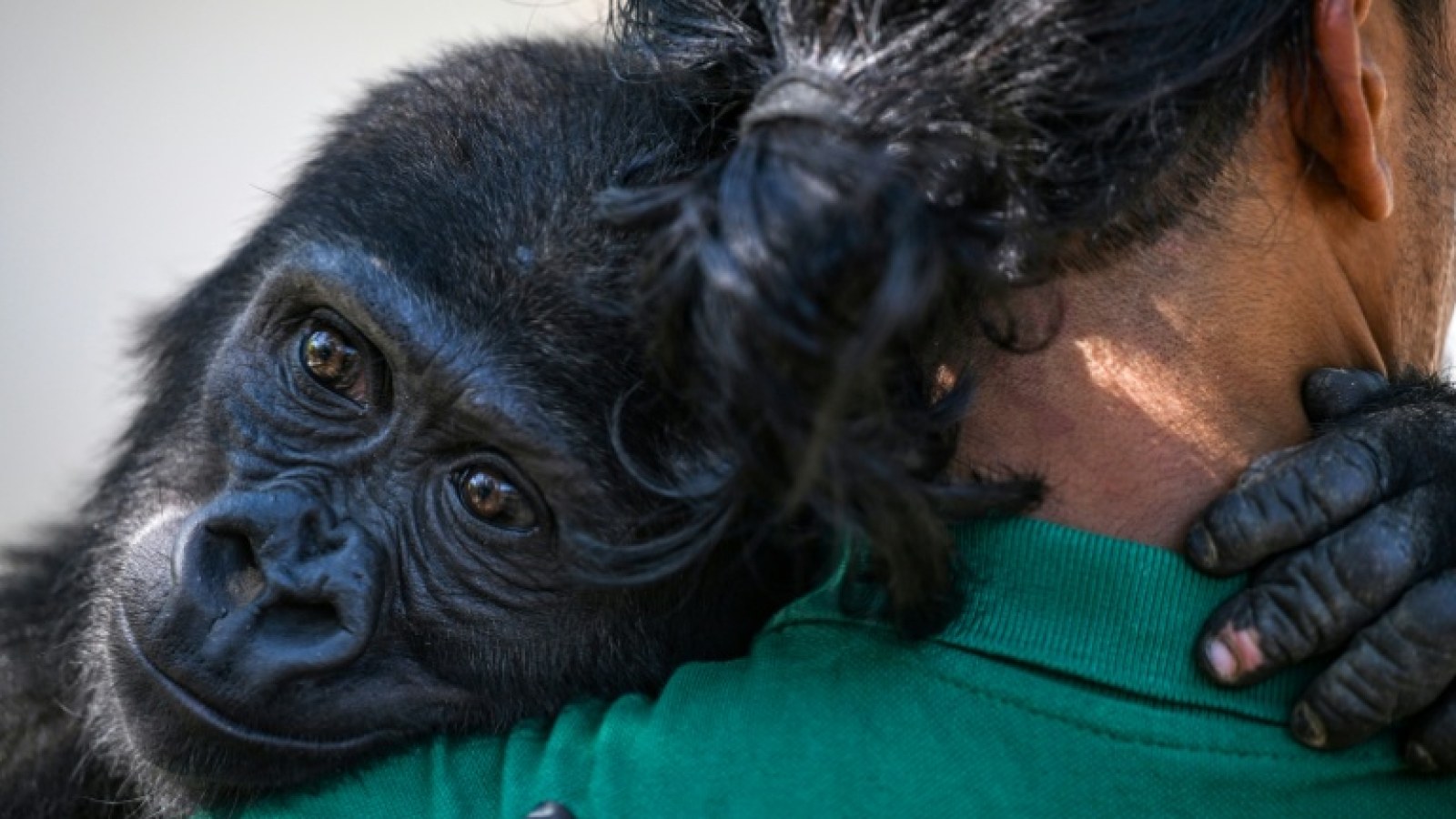
GENEVA, Sept 15 (Reuters) – A landmark agreement to curb billions of dollars in subsidies contributing to overfishing came into force on Monday, the World Trade Organization said – a move activists hailed as a step towards helping global fish stocks recover.
It was the first agreement to take effect at the WTO since 2017 after years of stalled debates and infighting on top of, more recently, a surge in U.S. tariffs that left some critics asking whether the Geneva-based body had a future.
Sign up here.
The formal ratification by Brazil, Kenya, Tonga and Vietnam on Monday meant the deal, first agreed in 2022, now had the required support of two thirds of members, a WTO spokesperson said.
Governments are now prohibited from providing subsidies for overfished stocks and for fishing in international waters beyond their jurisdictions. Poorer states will be able to access a fund to help ease them into the deal.
“Fish stocks around the world will have a chance to recover, befitting local fishers who depend on a healthy ocean,” Megan Jungwiwattanaporn from the Pew Charitable Trusts said.
Governments around the world pay out roughly $35.4 billion annually to their fishing fleets, including fuel handouts that allow them to fish in distant oceans, a 2019 study in Marine Policy showed. It listed the top five subsidisers as China, the EU, the United States, South Korea and Japan – though not all of them are within the scope of the WTO deal.
Negotiations on further fishing rules covering divisive issues excluded from the first deal have floundered, as India and other developing economies seek carve-outs that many other states see as unworkable.
The first part of the agreement that came into force on Monday took more than 20 years of negotiations and will expire in four years if more comprehensive rules are not agreed.
Director-General Ngozi Okonjo-Iweala said in an interview earlier this month that she saw grounds for optimism that the body could either conclude the talks or find a way to stop the first deal from expiring.
Reporting by Emma Farge, Editing by Andrew Heavens
Our Standards: The Thomson Reuters Trust Principles., opens new tab
Emma Farge reports on the U.N. beat and Swiss news from Geneva since 2019. She has produced a string of exclusives on diplomacy, the environment and global trade and covered Switzerland’s first war crimes trial. Her Reuters career started in 2009 covering oil swaps from London and she has since written about the West African Ebola outbreak, embedded with U.N. troops in north Mali and was the first reporter to enter deposed Gambian dictator Yahya Jammeh’s estate. She co-authored a winning story for the Elizabeth Neuffer Memorial Prize on Russia’s diplomatic isolation in 2022 and was also part of a team of journalists nominated in 2012 as Pulitzer finalists in the international reporting category for coverage of the Libyan revolution. She holds a BA from Oxford University (First) and an MSc from the LSE in International Relations. She is currently on the board of the press association for UN correspondents in Geneva (ACANU).



